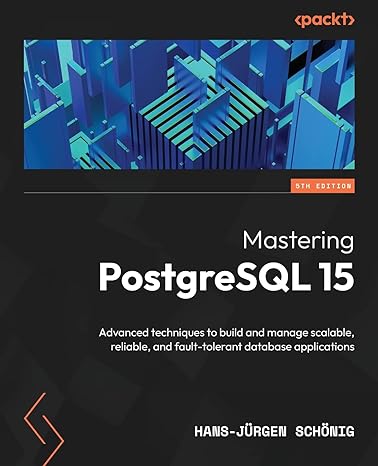Question
The RVM process is an iterative one that implements Bayesian regression with sparsity, obtained by pruning point with big i . It involves repeatedly re-estimating
The RVM process is an iterative one that implements Bayesian regression with sparsity, obtained by pruning point with big i . It involves repeatedly re-estimating = (1, ,n) T and = 1 2 until a stopping condition is met. In order to implement the algorithm, we must first: 1. Select a suitable kernel function, i.e. a suitable radial function, for the data set and relevant parameters. Use this kernel function to create the design matrix . 2. Establish a suitable convergence criteria for and , e.g. a threshold value T hr esh for the change between one iteration estimation of and the next, i.e. = Pn i=1 | k+1 i k i | so that re-estimation will stop when < T hr esh. 3. Establish a threshold value T hr esh which it is assumed an i is tending to infinity upon reaching it. 4. Choose starting values for and . 1 Then the algorithm itself is described by the following steps: While > T hr esh, do: 1. Calculate m = t y and = (A + t) 1, where A = diag(). 2. Update i = i m2 i , where i is computed relying on the previous values of and by the following expression: i = 1ii i . 3. Update = N P i i ym 2 4. Update 5. Prune the i and corresponding basis functions where i > T hr esh.
Step by Step Solution
There are 3 Steps involved in it
Step: 1

Get Instant Access to Expert-Tailored Solutions
See step-by-step solutions with expert insights and AI powered tools for academic success
Step: 2

Step: 3

Ace Your Homework with AI
Get the answers you need in no time with our AI-driven, step-by-step assistance
Get Started


